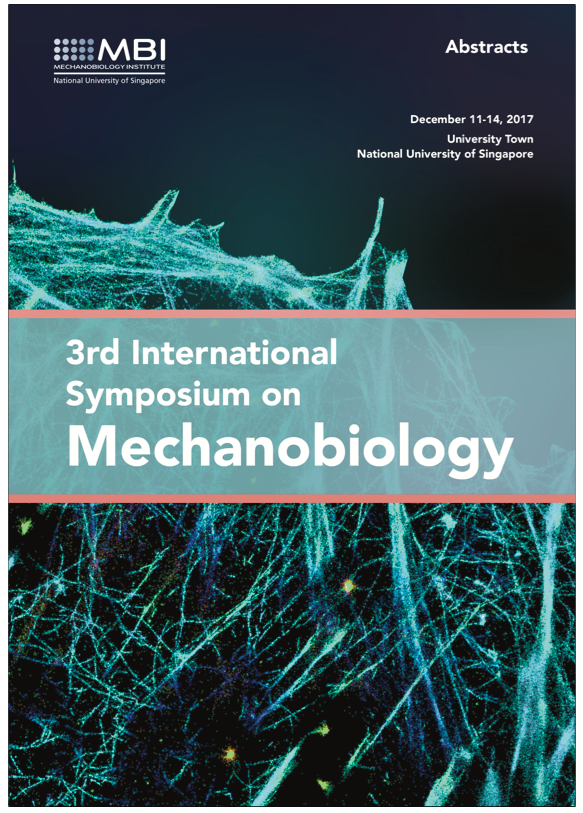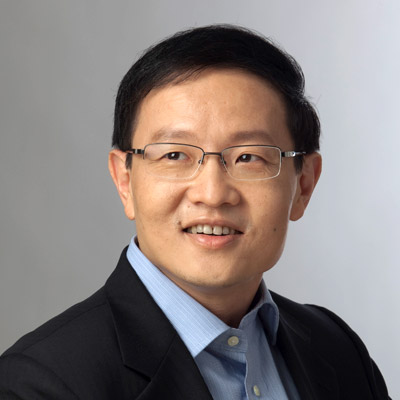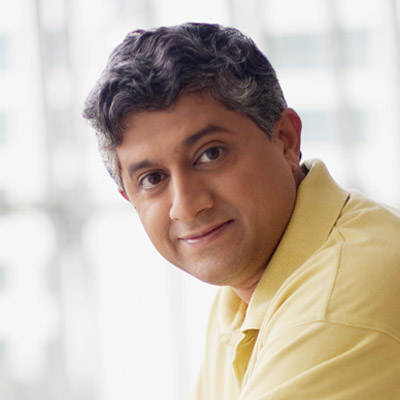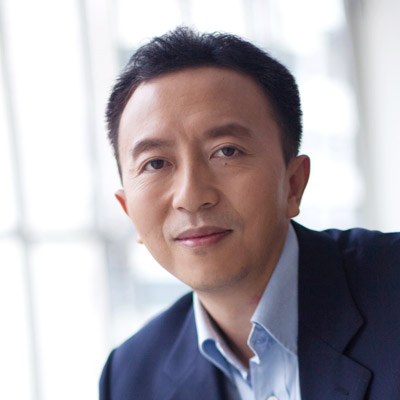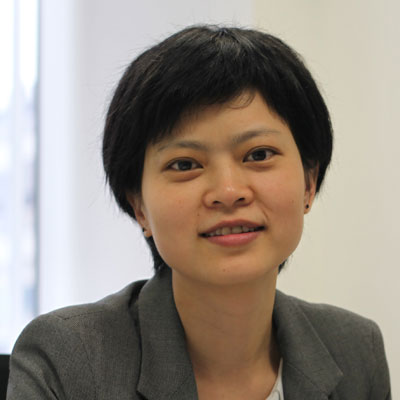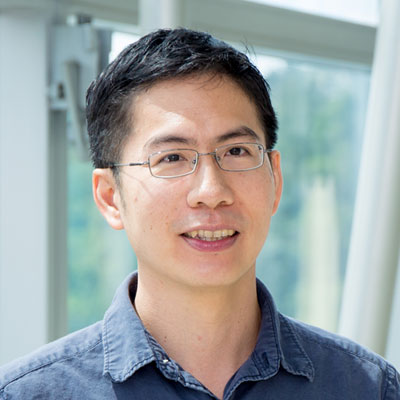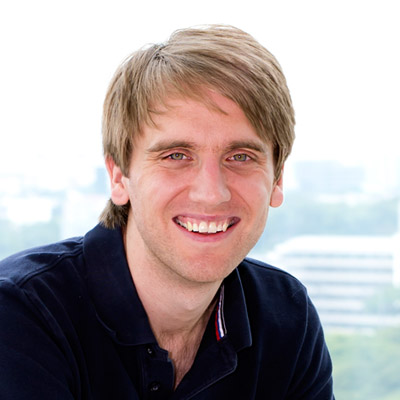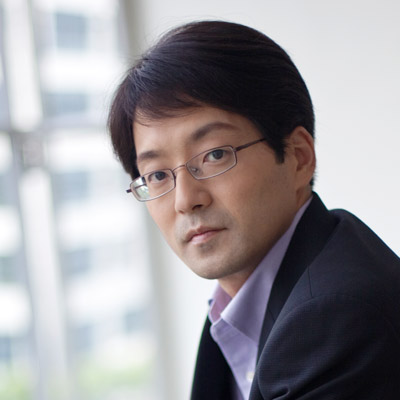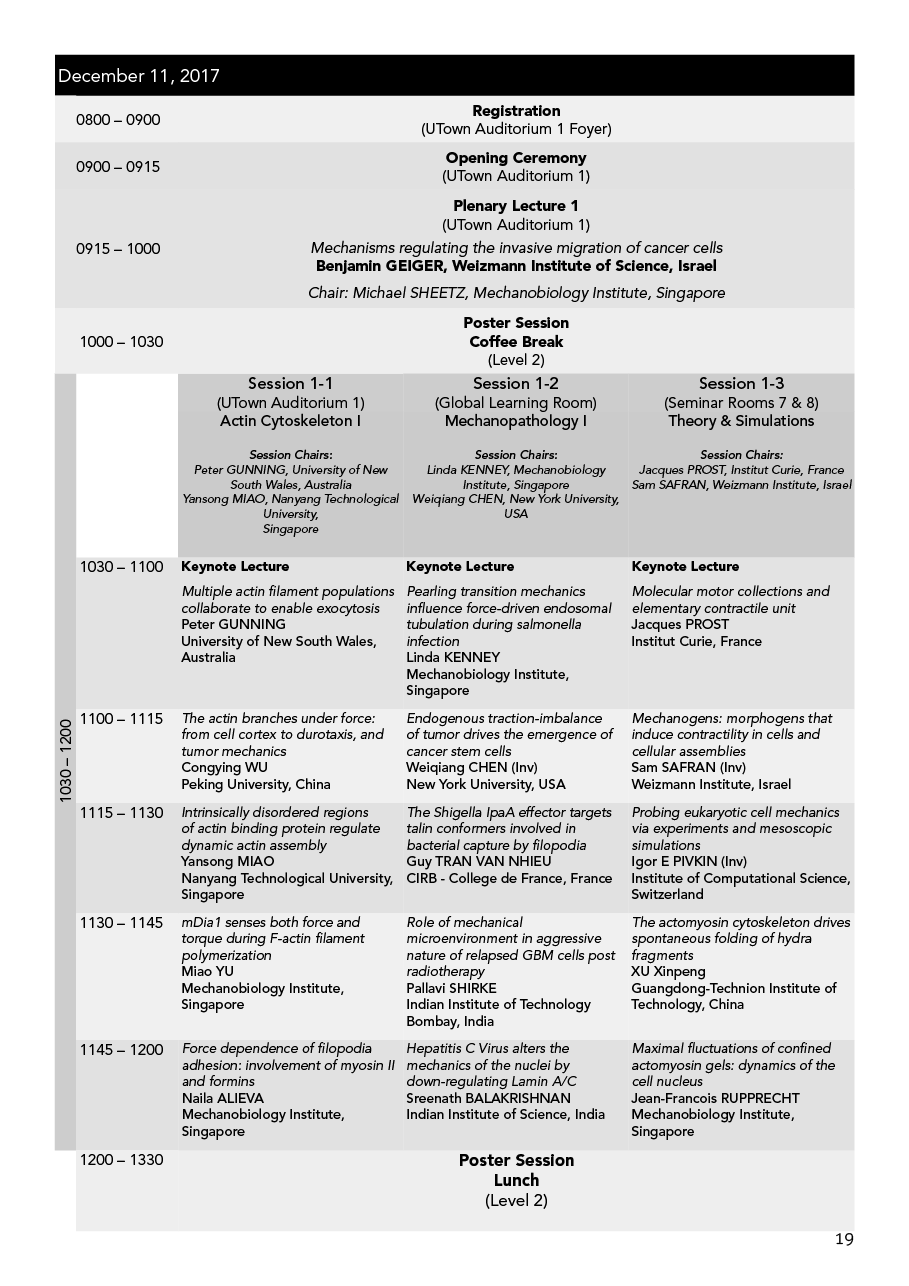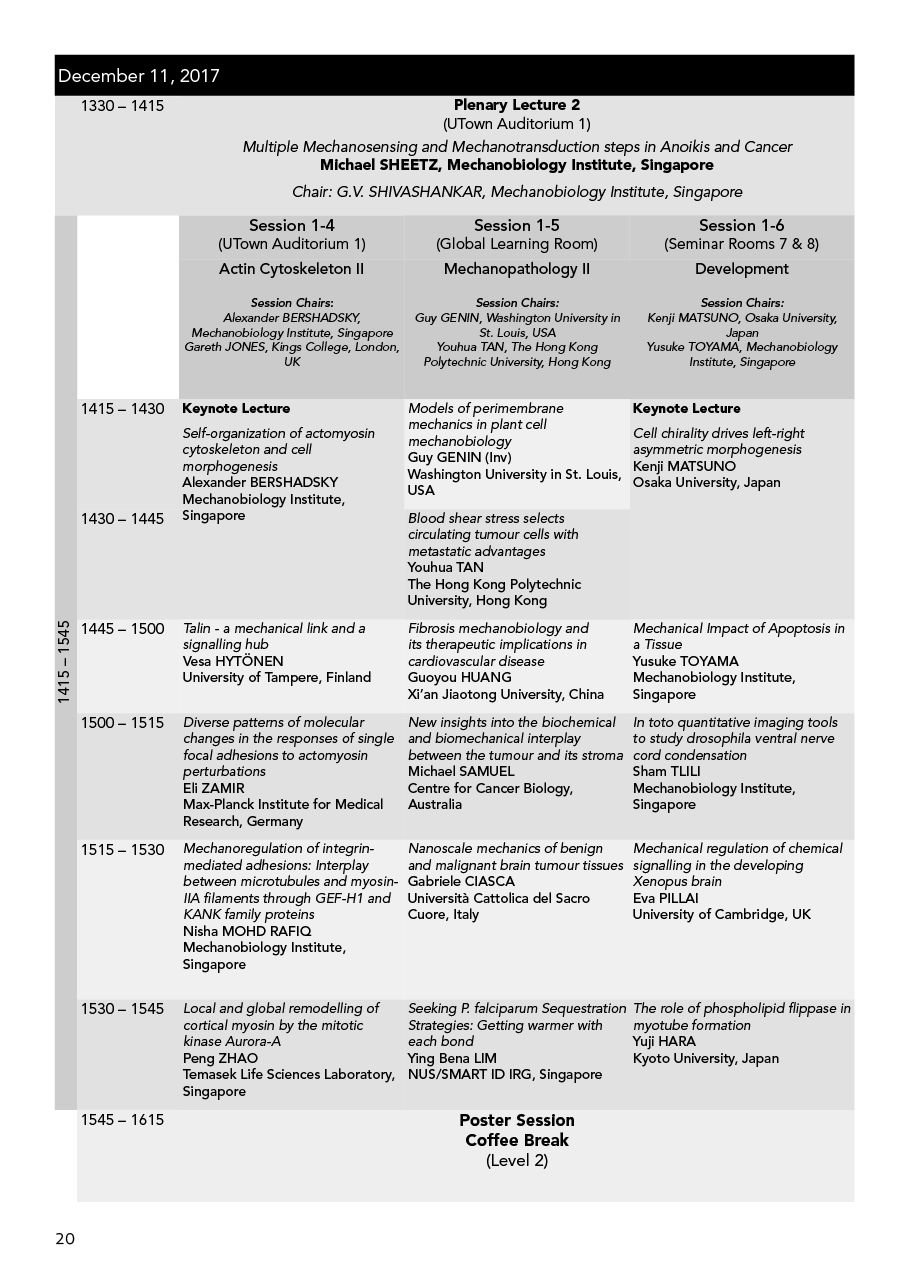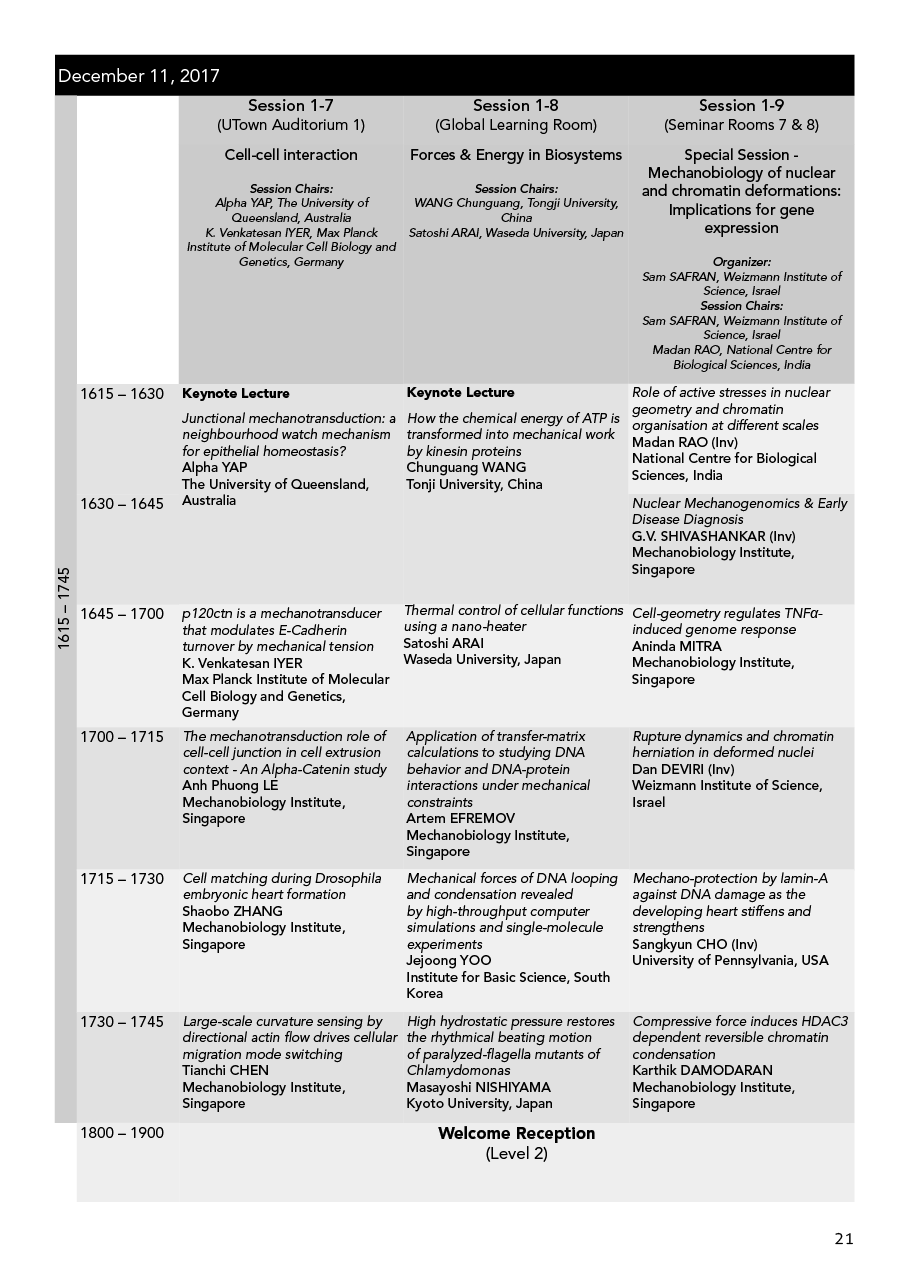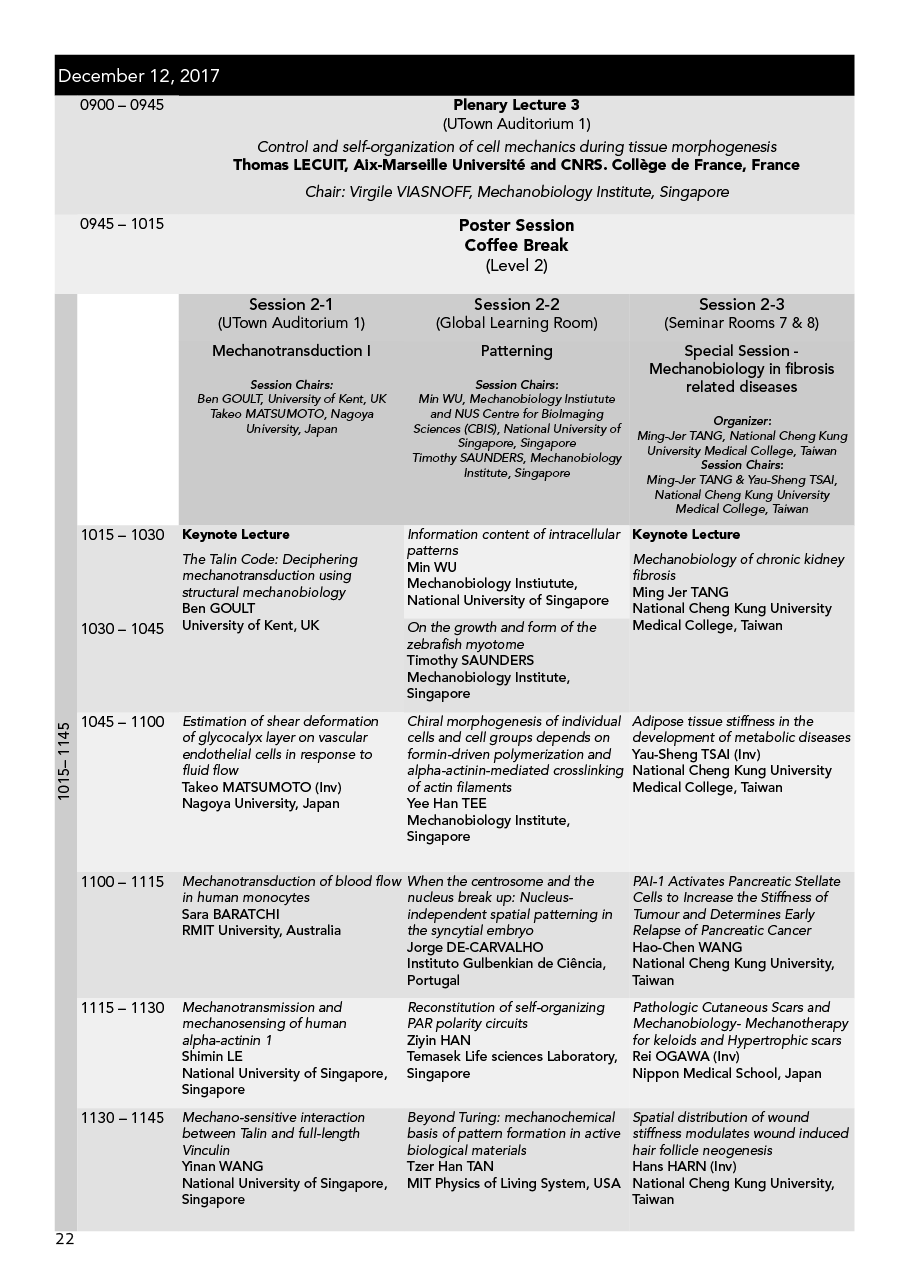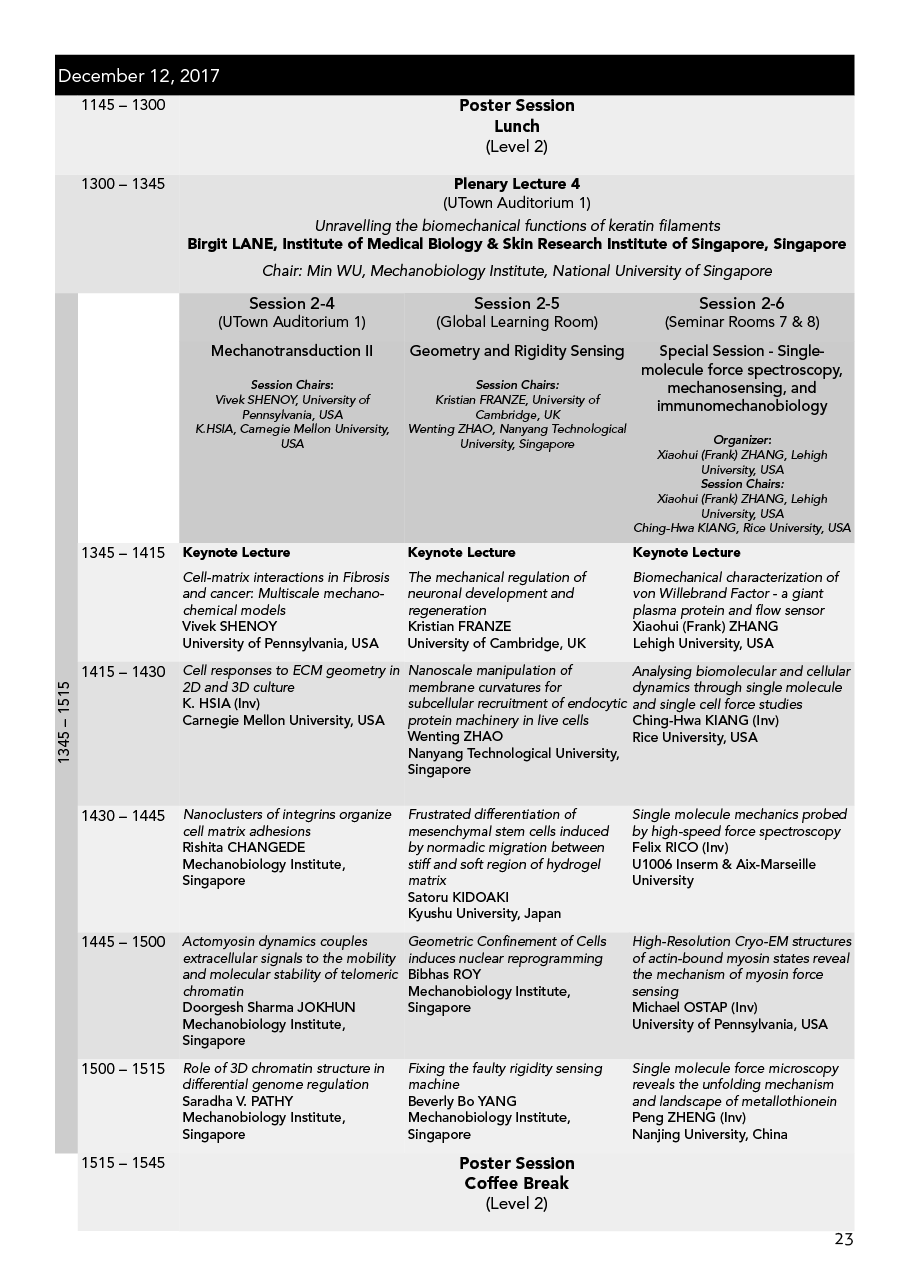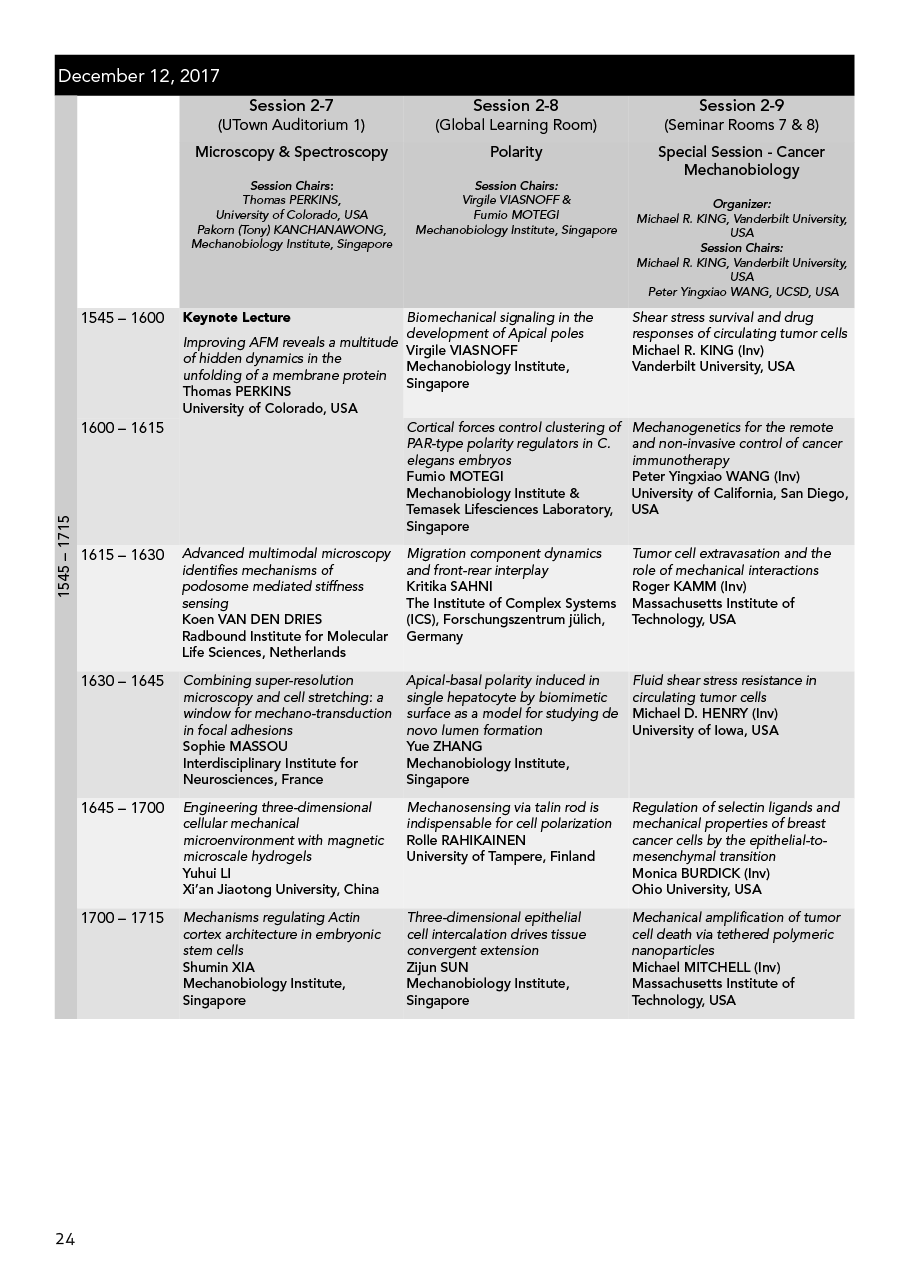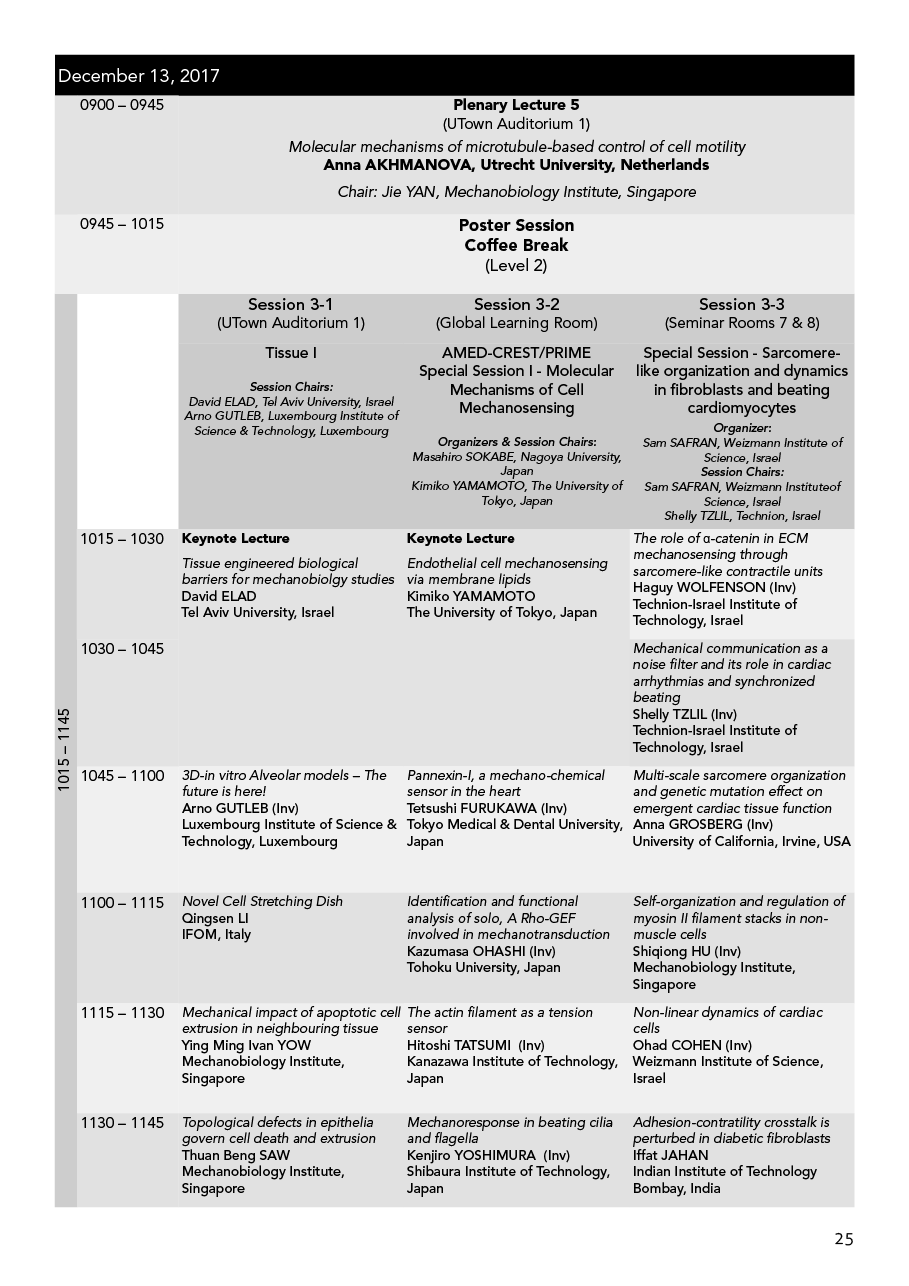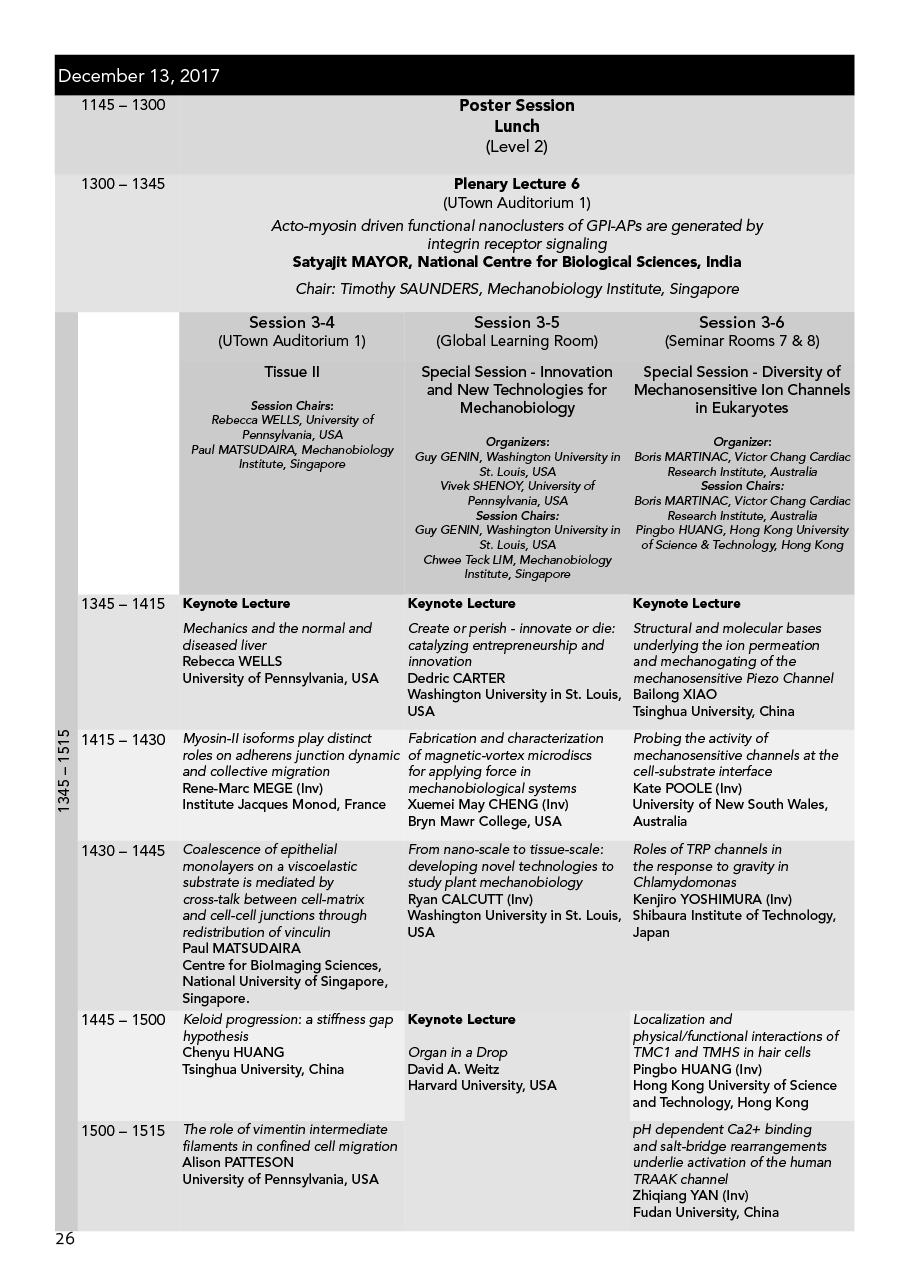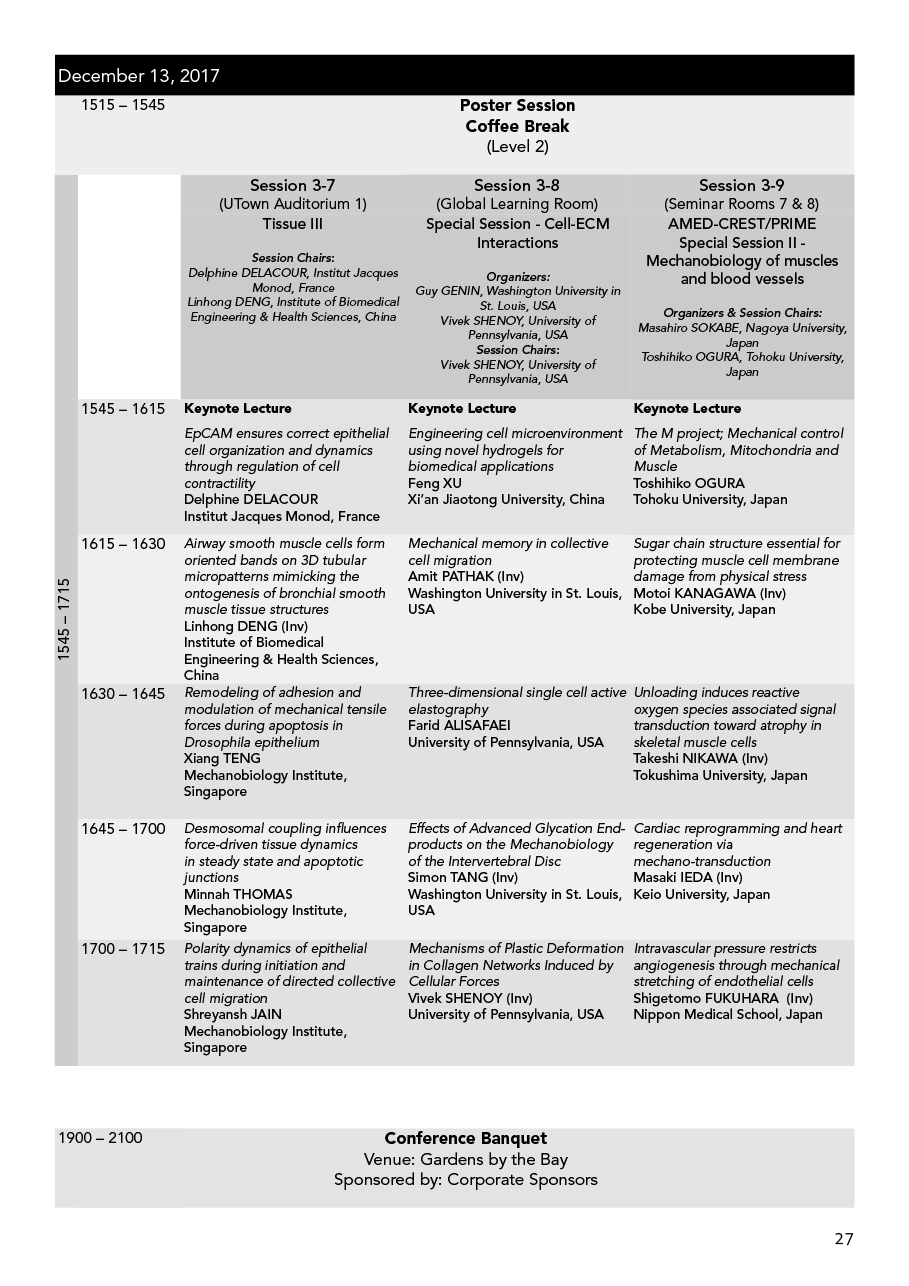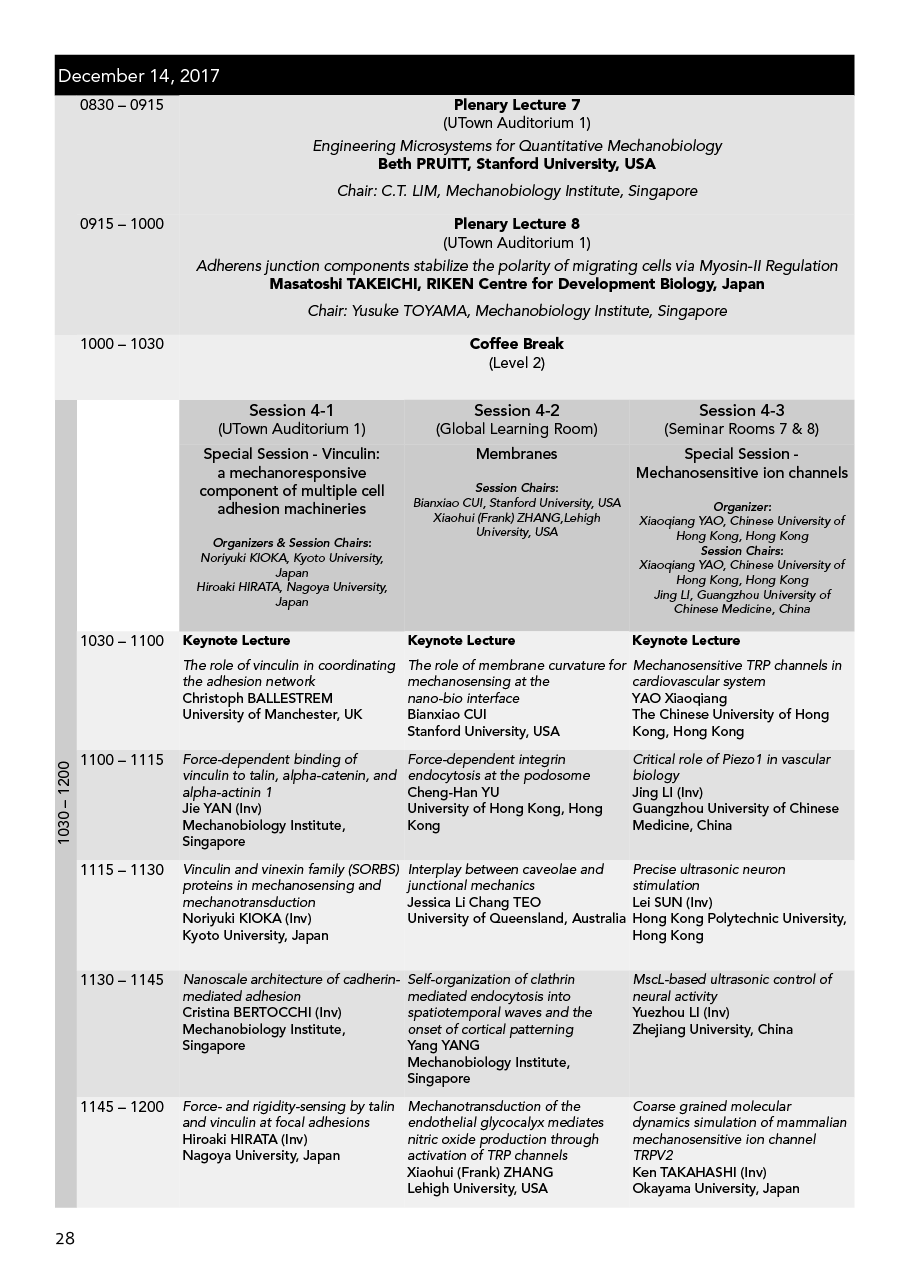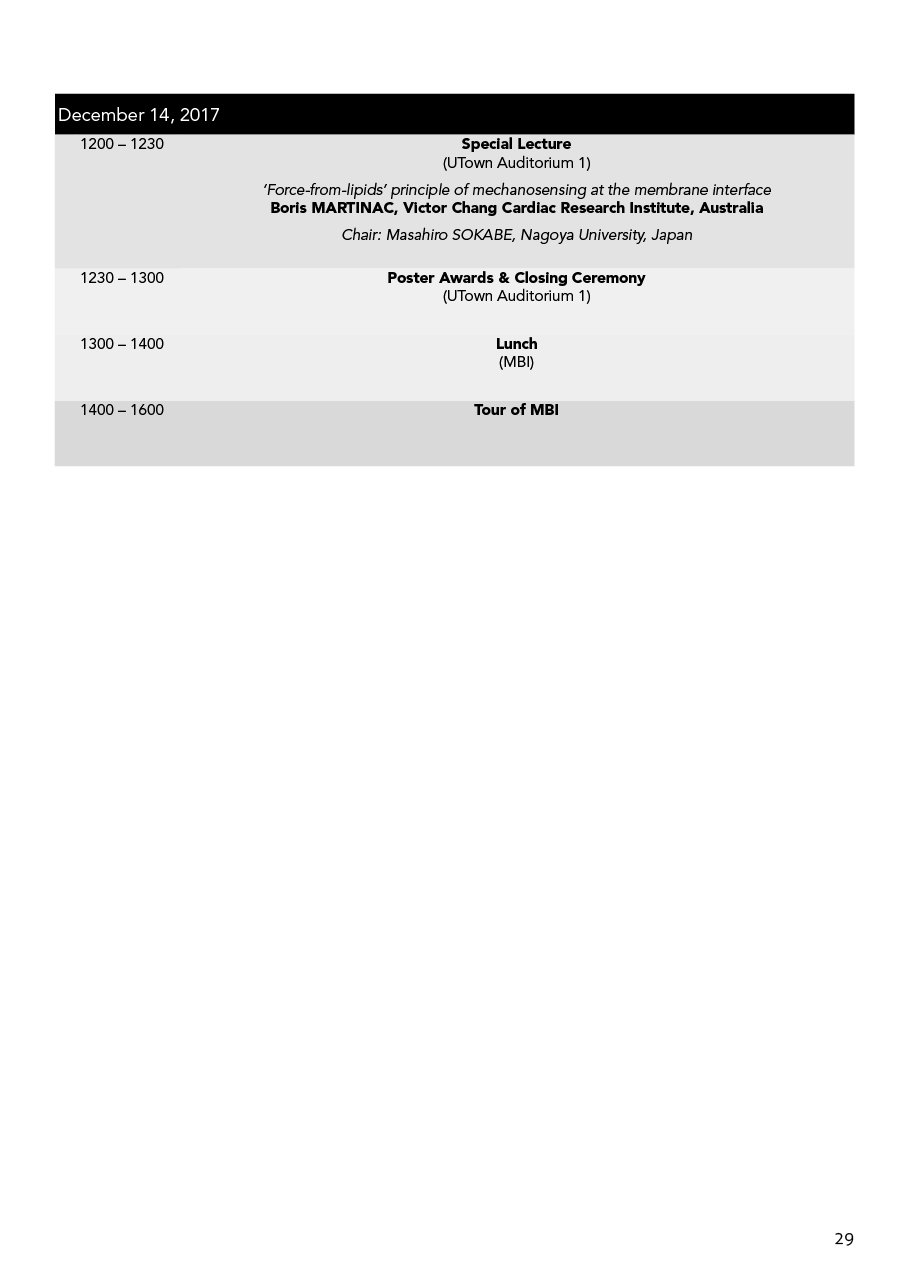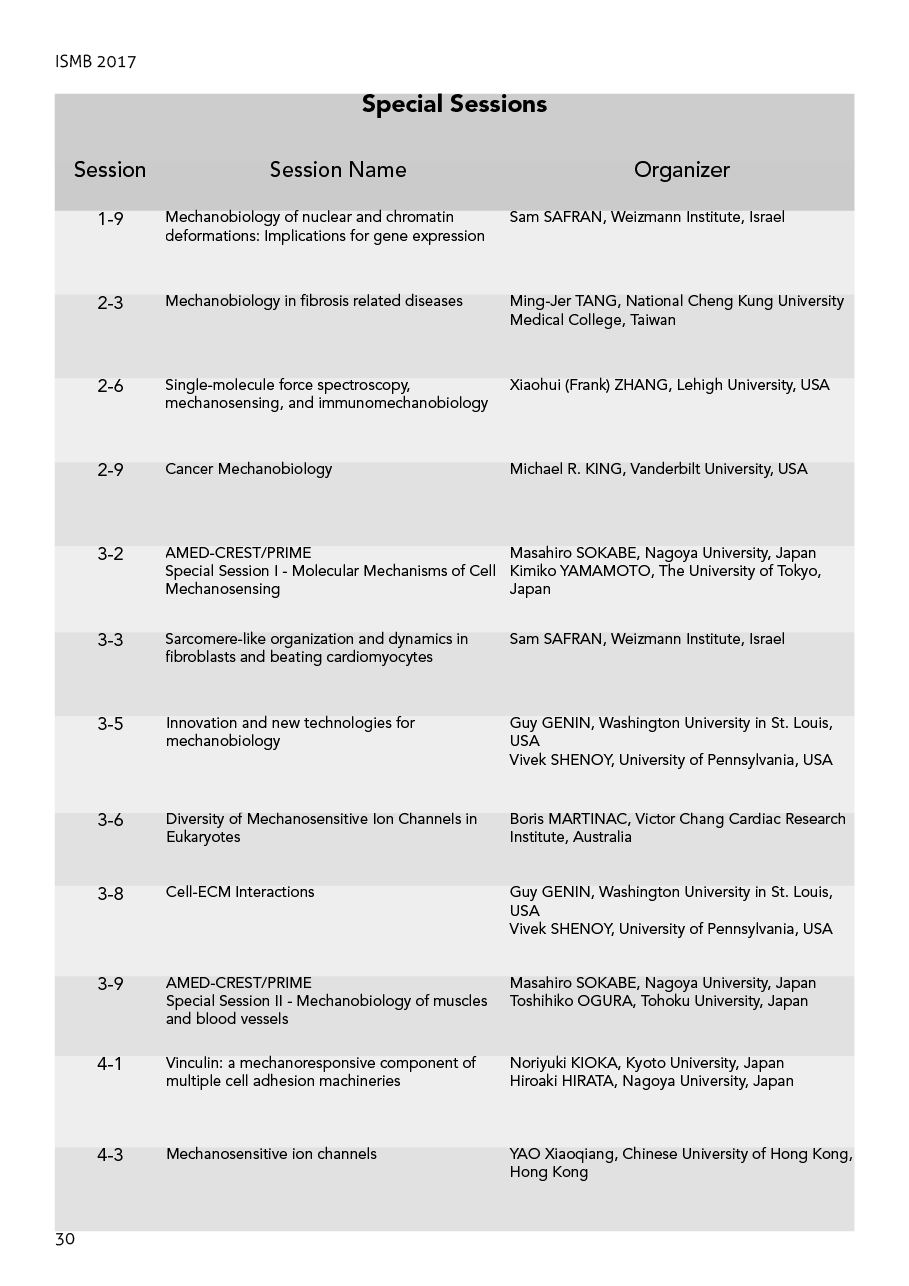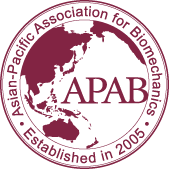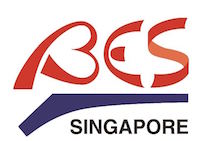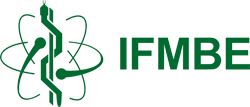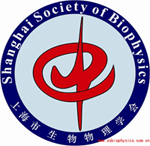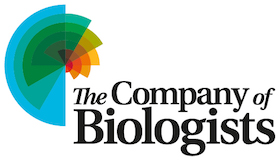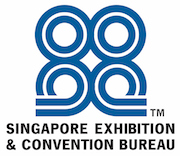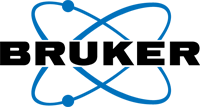Image by the Kanchanawong Lab
The 3rd International Symposium on Mechanobiology (ISMB 2017) concluded on 14th December, 2017.
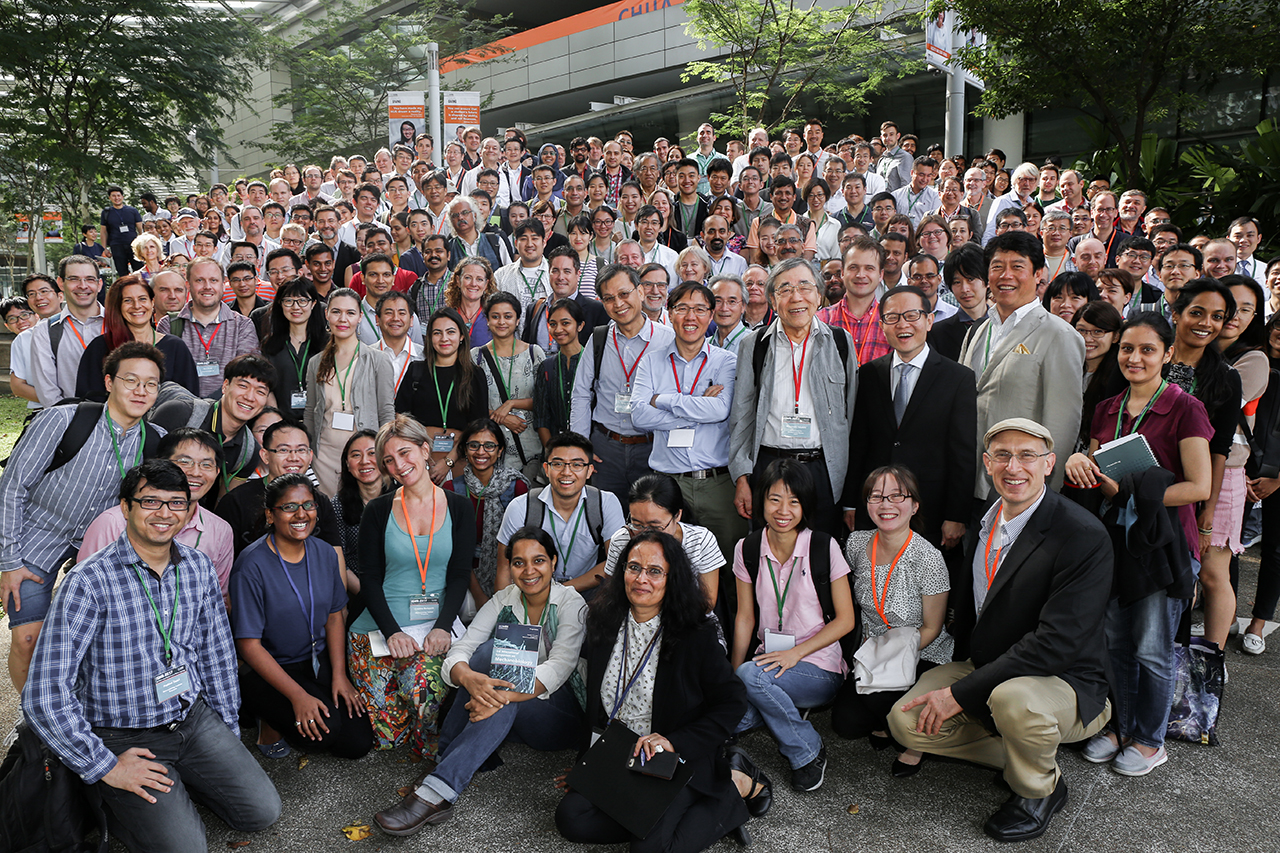
The 3rd International Symposium on Mechanobiology (ISMB 2017) will cover fundamentals, recent advances and emerging issues, providing a unique opportunity to advance knowledge and understanding in mechanobiology.

The symposium aims to cover the fundamentals, recent advances and emerging issues related to mechanobiology. It will provide a unique opportunity to advance knowledge and understanding in the areas of basic and applied research in mechanobiology.
This field involves interdisciplinary approaches combining biology with mechanics/physics as well as experimental techniques and computational modelling.
In addition, mechanobiology has also increasingly been involved in the study of a plethora of biological and pathological processes, including development, aging, infection as well as diseases such as cancer. A wide spectrum of these aspects across multiscales from the molecular, cellular, tissue to the organ level will be covered in this symposium.
We look forward to welcoming you in Singapore in 2017.
Topics to include
Speakers
The organizers are honored to welcome the following speakers to present at the 3rd International Symposium on Mechanobiology (ISMB 2017).
Plenary Speakers
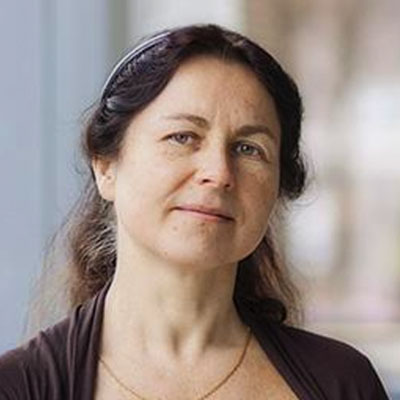
Anna Akhmanova
Ulrecht University, Netherlands
The Akhmanova group studies cytoskeletal organization and trafficking processes, which contribute to cell polarization, differentiation, vertebrate development and human disease. They are interested in understanding, at a systems level, how different aspects of cell architecture are coordinated.The main focus of their studies is the microtubule cytoskeleton. Learn more.
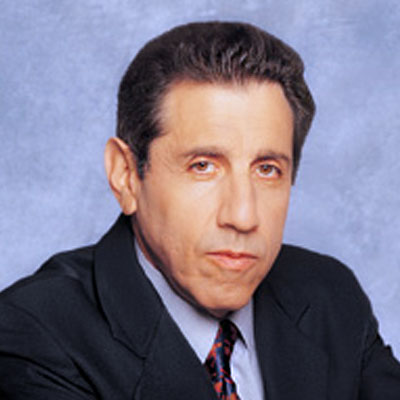
Benny Geiger
Weizmann Institute of Science, Israel
Benny Geiger’s Lab focuses in particular on integrin- and cadherin-mediated adhesions, studying the mechanisms whereby they sense external surfaces, and recognizing not only their chemical composition, but also their physical properties, including their topography, rigidity and ligand density. Learn more.
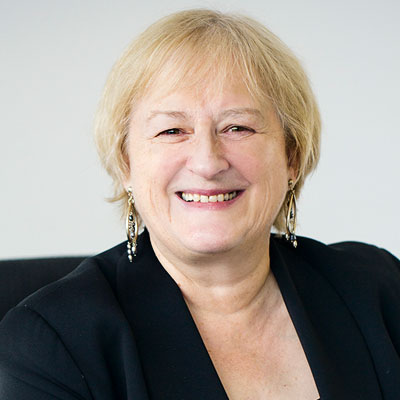
Birgit Lane
IMB-A star, Singapore
Current projects in Birgit Lane’s Lab include mechanical signaling in keratinocyte wound activation; therapeutic strategies for keratin disorders; susceptibilities to non-melanoma skin cancer; post-translational regulation of keratin filament proteins; and genetic mechanisms underlying skin disorders. The lab has also established a renowned knowledgebase, the Human Intermediate Filament Database. Learn more.
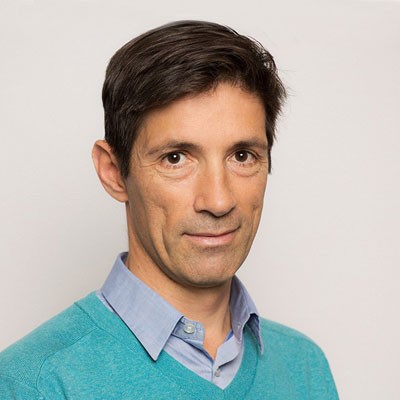
Thomas Lecuit
Aix-Marseille University, France
Thomas Lecuit’s Tissue Architecture and Plasticity Lab studies how epithelial tissues maintain a robust organisation and extensively remodel as they grow and change their shape during development. Their findings are leading to a general framework of morphogenesis based on spatial control over cell deformation by actomyosin flows and stabilization, and temporal control by contractile pulses. Learn more.
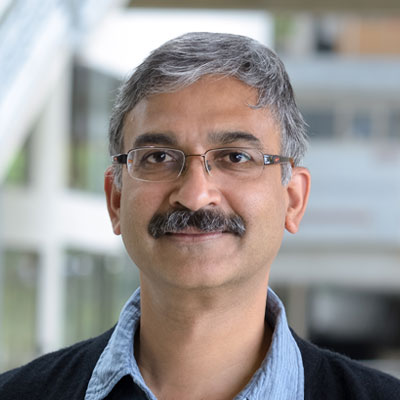
Satyajit Mayor
National Centre for Biological Sciences, India
Satyajit Mayor’s Mechanisms of Membrane Organization and Endocytosis Lab explores the fine structure of the plasma membrane, providing for the first time an in vivo picture of lipidic assemblies. Their work provides a new understanding of how membrane rafts may be created and an understanding of the role of specialized endocytic mechanisms for the establishment of developmental gradients and the regulation of membrane tension. Learn more.
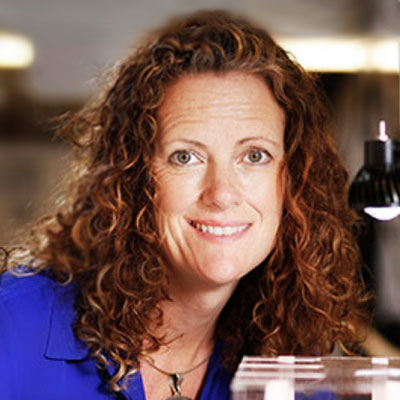
Beth L Pruitt
Stanford University, USA
Pruitt’s lab seeks to understand the role of mechanics in biology and force sensitive pathways in cell-cell adhesion and subcellular organization, the role of mechanical environment on the structure and function of stem cell derived cardiomyocytes as biophysical models of health and disease, and to develop models of mechanical signaling underlying the sense of touch and hearing. Learn more.
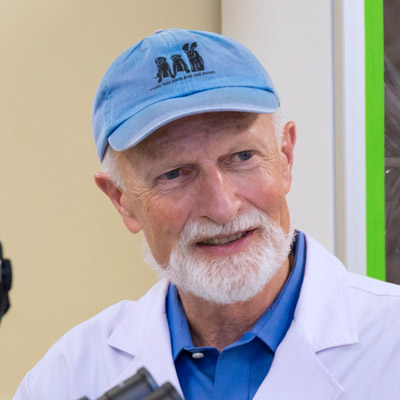
Michael Sheetz
Mechanobiology Institute, National University of Singapore
The morphology of cells, organs and whole organisms is determined by the generation of forces on the immediate environment, which is either extracellular matrix or adjacent cells. The Sheetz Lab is engaged in studies to understand the detailed molecular mechanisms involved in a variety of phenomena from cancer metastasis to brain function. Learn more.
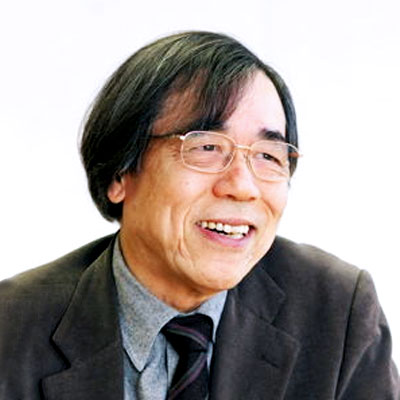
Masatoshi Takeichi
RIKEN Centre for Developmental Biology, Japan
The Takeichi Lab is researching the mechanisms involved in the formation of tissues from cells from the perspective of cell-cell adhesion and cytoskeleton organization. Their research will contribute to the understanding of not only basic mechanisms of animal morphogenesis but also of pathological cell behavior, such as cancer invasion and metastasis. Learn more.
Keynote Speakers
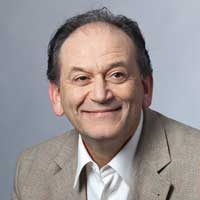
Alexander Bershadsky
Mechanobiology Institute, Singapore
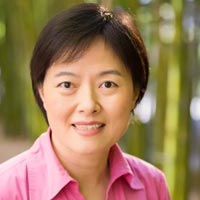
Bianxiao Cui
Stanford University, USA
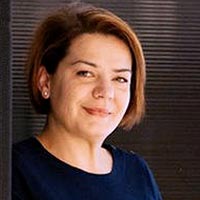
Delphine Delacour
Institut Jacques Monod, France
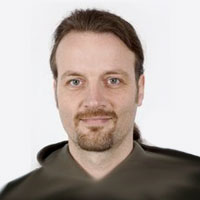
Kristian Franze
University of Cambridge, UK
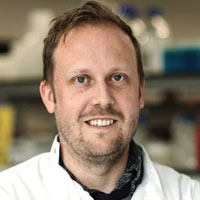
Ben Goult
University of Kent, UK
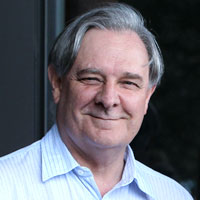
Peter Gunning
University of New South Wales, Australia
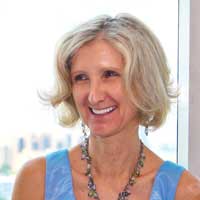
Linda Kenney
Mechanobiology Institute, Singapore
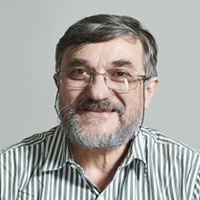
Boris Martinac
Victor Chang Cardiac Research Institute, Australia
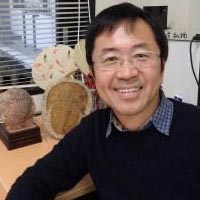
Kenji Matsuno
Osaka University, Japan
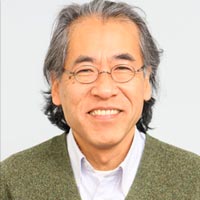
Toshihiko Ogura
Tohoku University, Japan
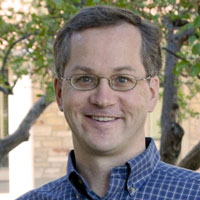
Tom Perkins
University of Colorado, Boulder, USA
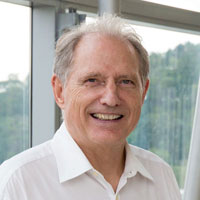
Jacques Prost
Institut Curie, France
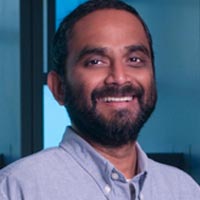
Vivek Shenoy
University of Pennsylvania, USA
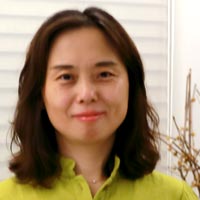
Chunguang Wang
Tonji University, China
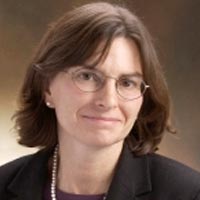
Rebecca Wells
University of Pennsylvania, USA
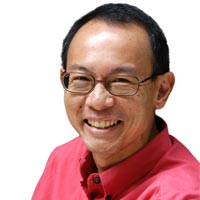
Alpha Yap
University of Queensland, Australia
Keynote Speakers
(Special Sessions)
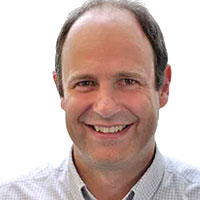
Christoph Ballestrem
University of Manchester, UK
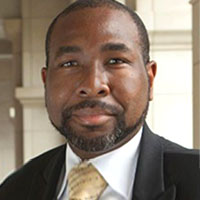
Dedric Carter
Washington University in St. Louis, USA
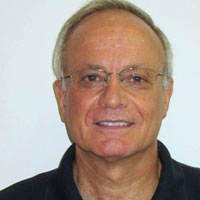
David Elad
Tel Aviv University, Israel
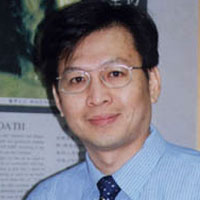
Ming-Jer Tang
National Cheng Kung University Medical College, Taiwan
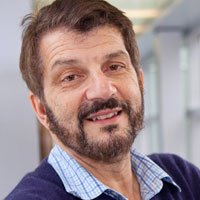
David Weitz
Harvard University, USA
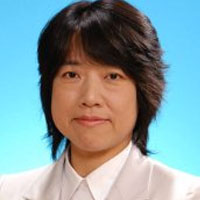
Kimiko Yamamoto
The University of Tokyo, Japan
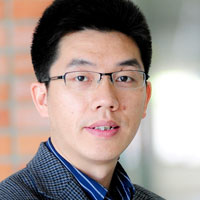
Bailong Xiao
Tsinghua University, Beijing, China
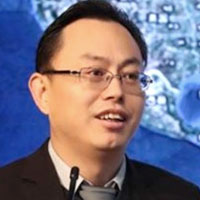
Feng Xu, Xi’an
Jiaotong University, China
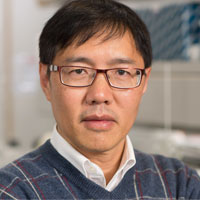
Xiaoqiang Yao
Chinese University of Hong Kong, Hong Kong
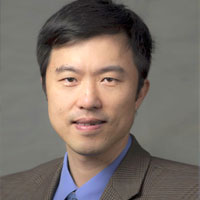
Xiaohui (Frank) Zhang
Lehigh University, USA
Invited Speakers
1. Farid Alisafaei, University of Pennsylvania, USA
2. Cristina Bertocchi, Mechanobiology Institute, Singapore
3. Monica Burdick, Ohio University, USA
4. Ryan Calcutt, Washington University in St. Louis, USA
5. Weiqiang Chen , New York University, USA
6. Xuemei May Cheng, Bryn Mawr College, USA
7. Sangkyun Cho, University of Pennsylvania, USA
8. Ohad Cohen, Weizmann Institute, Israel
9. Derrick Dean, Alabama State University, USA
10. Linhong Deng, Inst of Biomedical Engineering & Health Sciences, China
11. Dan Deviri, Weizmann Institute, Israel
12. Marcus Foston, Washington University in St. Louis, USA
13. Shigetomo Fukuhara, Nippon Medical School, Japan
14. Tetsushi Furukawa, Tokyo Medical & Dental University, Japan
15. Guy Genin, Washington University in St. Louis, USA
16. Anna Grosberg, University of California, Irvine, USA
17. Arno Gutleb, Luxembourg Institute of Science & Technology, Luxembourg
18. Hans Harn, University of Southern California, USA
19. Michael D. Henry, University of Iowa, USA
20. Hiroaki Hirata, Nagoya University, Japan
21. K. Hsia, Carnegie Mellon University, USA
22. Shiqiong Hu, Mechanobiology Institute, Singapore
23. Pingbo Huang, Hong Kong Univ of Science & Technology, Hong Kong
24. Masaki Ieda, Keio University, Japan
25. Roger Kamm, Massachusetts Institute of Technology, USA
26. Motoi Kanagawa, Kobe University, Japan
27. Ching-Hwa Kiang, Rice University, USA
28. Michael R. King, Vanderbilt University, USA
29. Noriyuki Kioka, Kyoto University, Japan
30. Jing Li, Guangzhou University of Chinese Medicine, China
31. Yuezhou Li, Zhejiang University, China
32. CT Lim, Mechanobiology Institute, NUS, Singapore
33. Takeo Matsumoto, Nagoya University, Japan
34. Rene Marc Mege, Institute Jacques Monod, France
35. Michael R Mitchell, Massachusetts Institute of Technology, USA
36. Takeshi Nikawa, Tokushima University, Japan
37. Rei Ogawa, Nippon Medical School, Japan
38. Kazumasa Ohashi, Tohoku University, Japan
39. Michael Ostap, University of Pennsylvania, USA
40. Amit Pathak, Washington University in St. Louis, USA
41. Igor V Pivkin, Institute of Computational Science, Switzerland
42. Kate Poole, University of New South Wales, Australia
43. Madan Rao, National Centre for Biological Sciences, India
44. Felix Rico, Institut de Neurosciences des Systèmes – Inserm, France
45. Sam Safran, Weizmann Institute, Israel
46. Vivek Shenoy, University of Pennsylvania, USA
47. G.V. Shivashankar, Mechanobiology Institute, Singapore
48. Lei Sun, Hong Kong Polytechnic University, Hong Kong
49. Ken Takahashi, Okayama University, Japan
50. Hitoshi Tatsumi, Kanazawa Institute of Technology, Japan
51. Yau-Sheng Tsai, National Cheng Kung University Medical College, Taiwan
52. Shelly Tzlil, Technion-Israel Institute of Technology, Israel
53. Yingxiao (Peter) Wang, University of California, San Diego, USA
54. Hao-Chen Wang, National Cheng Kung University Hospital, Taiwan
55. Haguy Wolfenson, Technion-Israel Institute of Technology, Israel
56. Zhiqiang Yan, Fudan University, China
57. Jie Yan, Mechanobiology Institute, Singapore
58. Kenjiro Yoshimura, Shibaura Institute of Technology, Japan
59. Peng Zheng, Nanjing University, China
Local Organizing Committee
The organizing committee for ISMB 2017 comprises of faculty from the Mechanobiology Institute, National University of Singapore.
CT Lim (Chair)
Mechanobiology Institute, NUS, Singapore
GV Shivashankar (Co-chair)
Mechanobiology Institute, NUS, Singapore
Jie Yan (Scientific Program Chair)
Mechanobiology Institute, NUS, Singapore
Min Wu (Scientific Program Co-chair)
Mechanobiology Institute, NUS, Singapore
Boon Chuan Low
Mechanobiology Institute, NUS, Singapore
Tony Pakorn Kanchanawong
Mechanobiology Institute, NUS, Singapore
Timothy Saunders
Mechanobiology Institute, NUS, Singapore
Yusuke Toyama
Mechanobiology Institute, NUS, Singapore
International Society of Mechanobiology Organizing Committee
Shu Chien, Honorary President
University of California at San Diego, USA
Masahiro Sokabe, President
Nagoya University, Japan
Linhong Deng, Co-President
Changzhou University, China
K. Jimmy Hsia, Co-President
Carnegie Mellon University, USA
Ching Kung, Co-President
University of Wisconsin at Madison, USA
Mian Long, Co-President
Institute of Mechanics, Chinese Academy of Sciences, China
Xiaohui (Frank) Zhang, Co-President
Lehigh University, USA
Yong-de Shi, Honorary Secretary General
Shanghai Medical College, China
Chwee Teck Lim, Secretary General
Mechanobiology Institute, NUS, Singapore
Keiji Naruse, Secretary General
Okayama University, Japan
Wojciech Dzwolak, Regional Head, Europe Area
University of Warsaw, Poland
Boris Martinac, Regional Head, Oceania Arm
Victor Chang Cardiac Research Institute, Australia
Ming-Jer Tang, Regional Head, Taiwan Area
Cheng Kung University, Taiwan
Xiaoqiang Yao, Regional Head, Hong Kong Area
Chinese University of Hong Kong, China
International Scientific Committee
Michael Sheetz, Chair
Mechanobiology Institute, National University of Singapore
Taiji Adachi
Kyoto University, Japan
Joji Ando
Dokkyo Medical University, Japan
Denis Discher
University of Pennsylvania, USA
David Elad
Tel Aviv University, Israel
Guy Genin
Washington University in St. Louis, USA
Edward Guo
Columbia University, USA
Shigeo Hayashi
RIKEN Center for Developmental Biology, Japan
Jonathan Howard
Yale University, USA
Shin’ichi Ishiwata
Waseda University, Japan
Chris Jacobs
Columbia University, USA
Roger Kamm
Massachusetts Institute of Technology, USA
Michael King
Vanderbilt University, USA
Sanjay Kumar
University of California at Berkeley, USA
Maria Leptin
EMBO, Germany
Chwee Teck Lim
Mechanobiology Institute, National University of Singapore
Satyajit Mayor
National Centre for Biological Sciences, India
Mohammad Mofrad
University of California at Berkeley, USA
Daniel Mueller
ETH Zurich, Switzerland
Alphonso Ngan
University of Hong Kong, Hong Kong
Toshihiko Ogura
Tohoku University, Japan
Toshiro Ohashi
Hokkaido University, Japan
Matthieu Piel
Institut Curie, France
Sam Safran
Weizmann Institute of Science, Israel
Geert Schmid Schobein
University of California at San Diego, USA
Ulrich Schwarz
University of Heidelberg, Germany
Vivek Shenoy
University of Pennsylvania, USA
GV Shivashankar
Mechanobiology Institute, National University of Singapore
Xavier Trepat
Institute of Bioengineering at Catalonia, Spain
Peter Wang
University of California, San Diego, USA
David Weitz
Harvard University, USA
Ken Yamada
Laboratory of Cell and Developmental Biology, NIH, USA
Alpha Yap
University of Queensland, USA
Zhaocai Zhou
Institute of Biochemistry and Cell Biology, Shanghai Institutes for Biological Sciences, China
Cheng Zhu
Georgia Institute of Technology, USA
Accommodation
Campus Housing
A number of basic non-air conditioned rooms and a very limited number of air-conditioned rooms (student accommodation) have been reserved on campus for the participants of the conference. These rooms will be available for booking for the period from 10th to 15th December 2017 (5 nights only). Participants will have to book the accommodation directly with the Office of Housing and make the payment for the accommodation at the time of booking. For more information on campus housing, please visit http://nus.edu.sg/ohs/conference/utown/about-utown.php
Please use the following link for booking the campus accommodation for ISMB 2017: https://uhms.nus.edu.sg/Conferences/go/conferences/5574
Contracted Housing
For participants who do not wish to book campus housing, the following nearby hotel is providing discounted rates for the conference.
Park Avenue Rochester
31 Rochester Drive
Singapore, 138637
Phone: (65) 6808 8600
Google Map
Hotel Website: www.parkavenuerochester.com
Method of Reservation: Please reserve your rooms by mailing the booking form to the hotel directly to secure a reservation. A credit card guarantee is required to make a reservation. Download Park Avenue Rochester Booking Form.
Registration
Registration and Submission of Abstracts
Registration and online submission of abstracts
Interested applicants may register online for the symposium by filling in the online registration form and submitting an abstract of not more than 200 words.
Kindly note the deadlines for registration and abstract submission:
| Registration & Abstract submission (Early Bird ends) |
31 July 2017 |
| Deadline for registration and submission of abstracts now extended to 10th September | 10 September 2017 |
| Notification of Acceptance | 15 September 2017 |
Registration for participants who do not wish to submit an abstract
Interested participants who want to register and attend the conference but do not wish to submit an abstract may do so by registering HERE and paying the registration fee.
Registration Fees
Applicants are required to pay the applicable registration fees as shown below:
Please note that all presenters (both oral & posters) are required to pay the registration fee after receiving the notification of acceptance via the online registration payment portal. Only payment by credit card is allowed. The last date for payment of registration fees for participants whose abstracts have been accepted is October 30, 2017.
| STUDENTS | OTHERS | |
| Early Bird Registration (till 31 July 2017) | SGD$300 | SGD$650 |
| Late Registration with abstract submission (after 10 September 2017) | SGD$350 | SGD$750 |
| Registration without abstract submission (till 30 October 2017) | SGD$350 | SGD$750 |
| On-site Registration | SGD$400 | SGD$800 |
Please note that the registration fee for STUDENTS excludes the Conference banquet. If you would like to attend the banquet, please indicate your interest on the registration form and proceed to make payment for both the registration fee and banquet.
Cancellation Policy
Cancellation made:
- before October 31, 2017 – Refund of registration fee paid less administration fee of SGD$100
- before November 15, 2017 – Refund of 50% of registration fees
- after November 15, 2017 will NOT be refunded
- no show will NOT be refunded
Notification of cancellation must be submitted by email to the conference organizers at ismb2017@gmail.com.
Travel to Singapore
Please ensure that you have a valid passport for travel and check with your local Embassy. Please note that some countries require your passport to be valid for up to six months.
Nationals from a wide majority of countries do not require visas for social visits of up/to 30 days duration provided that they are in possession of recognized and valid travel documents, adequate funds and return tickets. A list of countries whose nationals require visa to travel to Singapore can be found here. Should an official letter of invitation and V39A form be required for your visa, please send your request by email to ismb2017@gmail.com once the conference registration formalities are completed with the payment of registration fees.
If your visa is declined, refunds will be offered in line with our cancellation policy.
ONLINE REGISTRATION IS NOW CLOSED
Delegates may still register onsite (cash payment only) during the conference.
Registration closed
Special Sessions
Location
ISMB 2017 will be held at the University Town, on the campus of the National University of Singapore, Singapore.
UTown Auditorium 1
Level 1, Town Plaza,
University Town
1 Create Way
Singapore 138602
UTown is an educational hub complete with residential spaces, teaching facilities and study clusters. It is home to CREATE, which hosts the National Research Foundation, interdisciplinary research centres from top universities and corporate laboratories such as the Singapore-MIT Alliance for Research and Technology (SMART), the SAP Singapore Research Centre as well as technology incubators and start-ups. Find out more about UTown
Supporting Organizations and Sponsors
The organizers would like to thank the following organizations and sponsors for their support of our symposium
Supporting Organizations
Co-Funded by
Corporate Sponsors
This event provides an excellent opportunity to showcase the latest products and technologies available to researchers and provide marketing opportunities to companies. Interested sponsors may write to ismb2017@gmail.com for further information.
